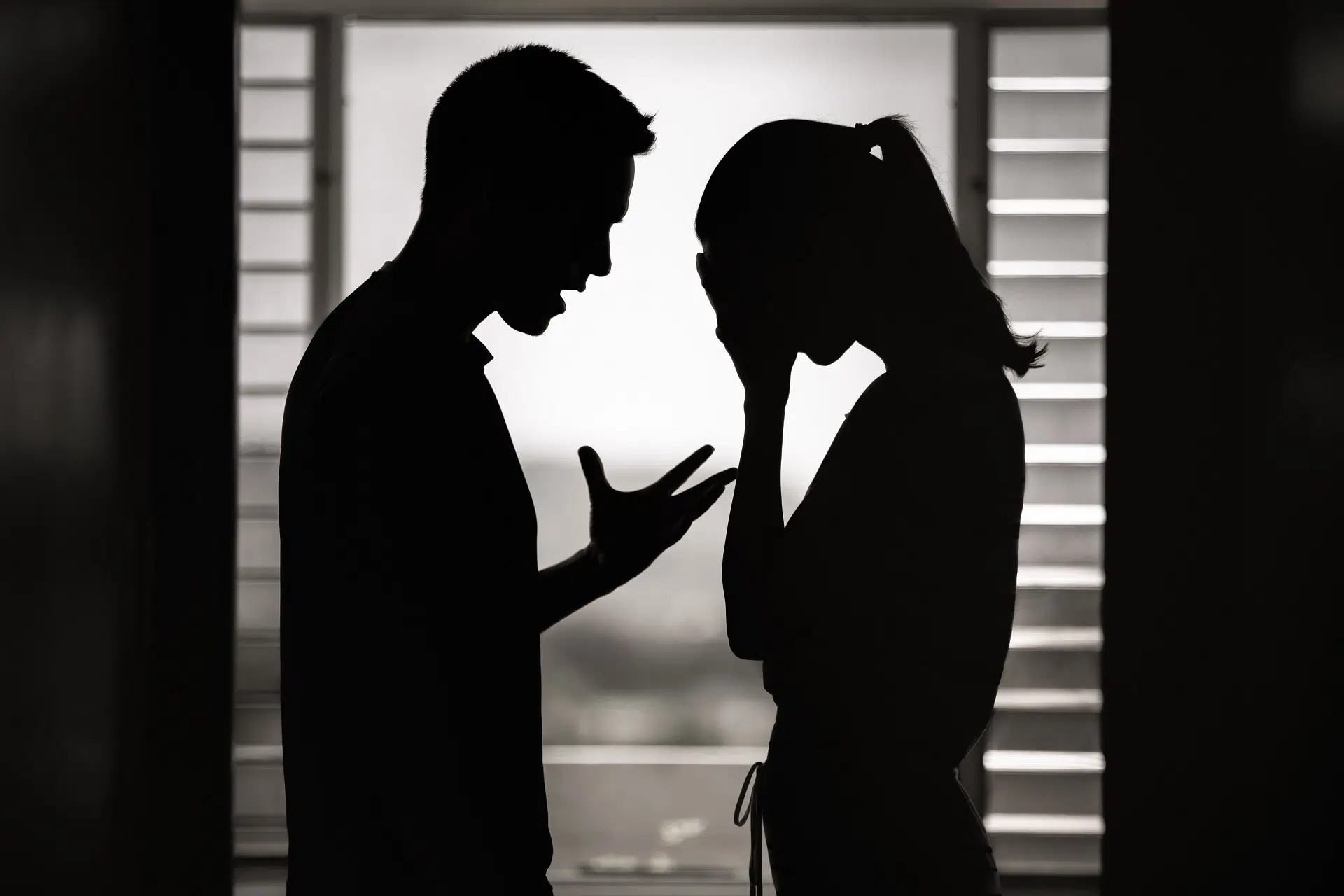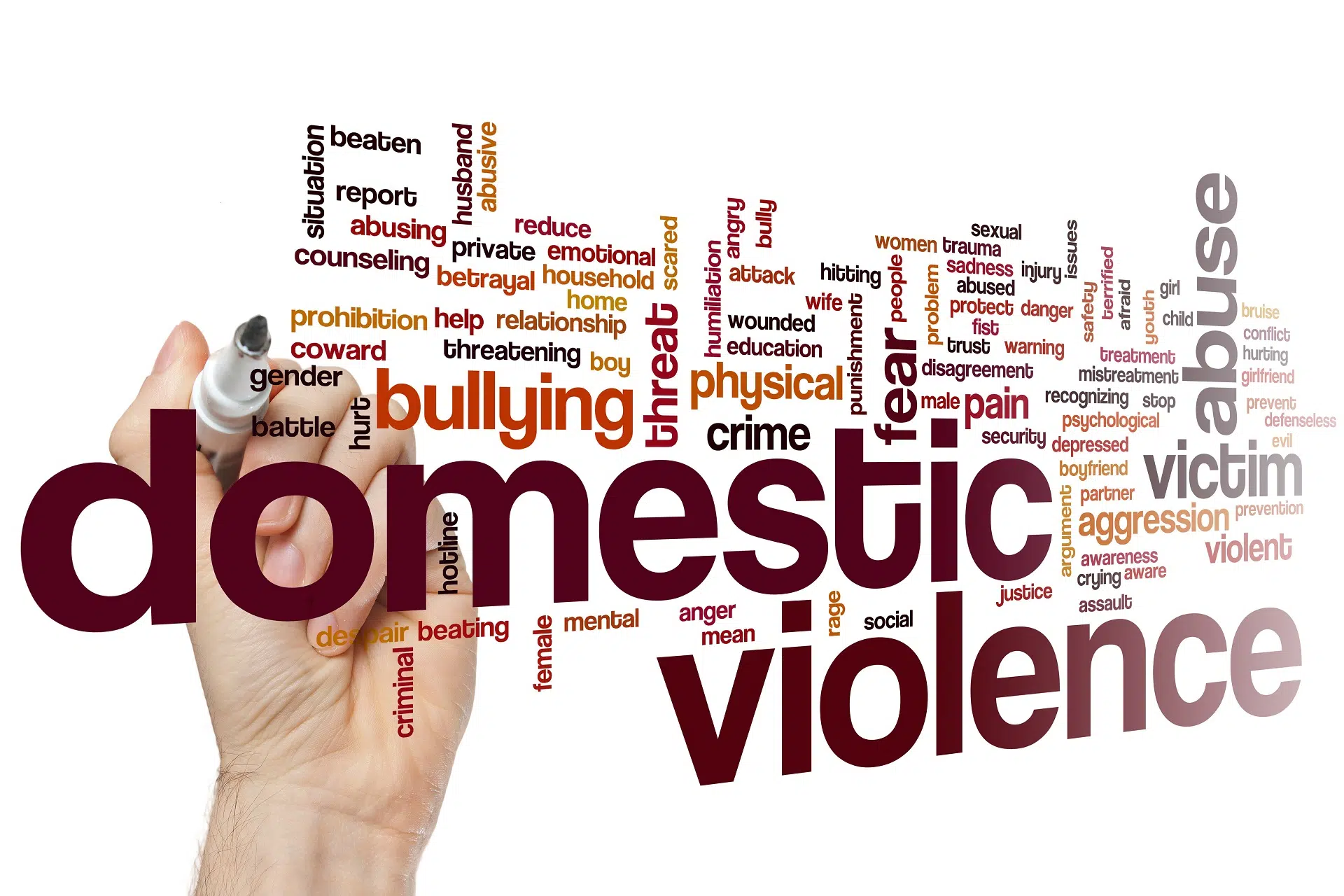Strategies for Presenting Your Case in Domestic Violence Civil Court: Tips for Success in Seattle
Acts of domestic violence occur more often than most people think. According to data collected by the CDC’s National Intimate Partner and Sexual Violence Survey (NISVS), “About 41 percent of women and 26 percent of men experienced contact sexual violence, physical violence, and/or stalking by an intimate partner and reported an intimate partner violence-related impact during their lifetime.” Suffering domestic violence at the hands of a dating partner, spouse, ex, or household member can lead to devastating consequences, such as traumatic physical injuries, posttraumatic stress disorder (PTSD) symptoms, anxiety, depression, isolation, and feelings of hopelessness. Essentially, these statistics indicate that approximately one in three women (and one in four men) experience severe physical violence from an intimate partner at some point during their lifetime.
While advocates for survivors of domestic violence have brought this serious topic to light in recent decades, many stigmas and misconceptions persist. For example, people of any gender, race, age, socioeconomic status, or sexual orientation may suffer acts of domestic violence. Although many people assume that domestic violence occurs when a male partner exerts physical dominance and acts of coercive control against a female partner, the reality is that anyone may be a victim (and, likewise, anyone can be a perpetrator of domestic violence). However, this wide range of survivors usually shares at least one commonality—the feeling that they are trapped in this unsafe dynamic indefinitely. Fortunately, Washington State has recently streamlined the legal process for obtaining a Domestic Violence Protection Order (DVPO), which prevents the abuser from contacting, harassing, or controlling the survivor. This post will provide an overview of the DVPO petitioning process with a particular focus on the civil court hearing and how you can prepare a compelling case to keep your future safe and bright. As you navigate through each step of this process, consider enlisting the guidance of a trusted and compassionate Seattle family law attorney to provide you with the information and stability you need to move forward.
How Does Washington State Define Domestic Violence?

First, it’s important to understand what actions constitute domestic violence under Washington State law. Under RCW 7.105.010, domestic violence means: “(a) Physical harm, bodily injury, assault, or the infliction of fear of physical harm, bodily injury, or assault; nonconsensual sexual conduct or nonconsensual sexual penetration; coercive control; unlawful harassment; or stalking of one intimate partner by another intimate partner; or (b) Physical harm, bodily injury, assault, or the infliction of fear of physical harm, bodily injury, or assault; nonconsensual sexual conduct or nonconsensual sexual penetration; coercive control; unlawful harassment; or stalking of one family or household member by another family or household member.”
According to these definitions, domestic violence is not necessarily physical; many survivors of domestic abuse endure psychological and emotional abuse, such as when their partner or family member monitors their communications with others, tracks their physical location, or prevents them from accessing their bank accounts or finances. Ultimately, perpetrators of domestic violence are usually motivated by a desire to control another person, depriving them of their independence and autonomy. Any attempts to exert this control may constitute domestic violence in Washington State.
What is a Domestic Violence Protection Order (DVPO)?
Washington has some of the strongest legal protections for survivors of domestic violence. Civil protection orders can be obtained regardless of whether the abuser has been arrested or is facing criminal charges. When the court issues a Domestic Violence Protection Order (DVPO), the perpetrator (called the respondent) is prohibited from contacting the petitioner in any way. Additionally, the protection order may remove the abuser from a shared residence, grant temporary custody of children to the petitioner, establish a newly configured visitation schedule, order the abuser into mandatory treatment or counseling, or require the immediate surrender of any firearms or dangerous weapons. While a person may seek a DVPO at any time and for any reason, these legal protections tend to work best during especially contentious events, such as when the petitioner is seeking a divorce or legal separation and fears retaliation from their abuser.
Understanding the DVPO Petitioning Process in Seattle
When you are ready to seek a Domestic Violence Protection Order, you will need to complete several steps before the court can finalize the order. Although you are not required to retain legal counsel to obtain a DVPO, most people find that working with a knowledgeable and compassionate attorney gives them the clarity and confidence they need to move forward. Below are the primary steps you can expect to take to establish a DVPO in King County.
Locate and Complete the Required Forms
First, you must obtain the Petition for Protection Order form, which can be found online or at the King County Superior Court or District Court clerk’s offices. As you complete this form, you will be asked to provide information about the type of protection you seek and from whom you request protection. You will also need to complete form PO 003, also known as the Law Enforcement and Confidential Information Form (LECIF), which goes directly to law enforcement officials and notifies them of your petition. Should the respondent violate the terms of the protective order, law enforcement will be able to take swift action against them. Your attorney can also help you determine whether you should file for a Temporary Protection Order, which puts immediate legal protections in place between the time you file the petition and the scheduled civil court hearing. If the respondent has firearms or dangerous weapons in their home or in their possession, you can fill out and file an Order to Surrender and Prohibit Weapons to ensure that these items are removed from their possession.
Serving the Petition on the Respondent

Once you have completed the required forms and filed them with the court, the court will begin reviewing your case as soon as possible. You will also need to have a copy of the petition served on the respondent, either by law enforcement or by another qualified third party. Washington law requires that the respondent be served at least five court days before the scheduled hearing. Whoever serves the restrained person must complete a written proof of service to certify that the respondent received all of the required documents. The respondent has the right to prepare for and attend the hearing, where the judge will ask each party to present their viewpoints on whether to grant the DVPO request.
Attending the Hearing in King County Civil Court
Both parties have the right to attend the full hearing. If the petitioner does not appear in court, the judge will dismiss any existing temporary order, and the matter will not proceed. During the hearing, the judge will review the record, permit the parties to speak, review witness testimony (usually in the form of a written declaration describing what they saw or heard), consider the evidence presented by the parties, and issue its ruling. It’s important to recognize that the parties must provide advance copies of any evidence or witness declarations they plan to use at the hearing.
Tips For Presenting Your Case at the DVPO Court Hearing
Many survivors of domestic violence feel intimidated by the thought of attending the DVPO hearing in civil court. This is a perfectly natural reaction, especially if your abuser plans on attending the hearing to contest your petition. However, as anxious as you may be at this moment, you can trust that your caring and dedicated attorney will work closely with you to prepare you for this event. No matter how intimidating this experience may seem, your lawyer will work hard to support you and keep your future as bright as possible. Here are some strategies to help you prepare for an upcoming DVPO court hearing.
Organize Your Documents and Evidence
When you appear at the full hearing, you will need to bring several documents with you. Your attorney will help you locate and organize these forms, including the Temporary Order for Protection (if applicable), your petition for a Domestic Violence Protection Order, a copy of the Proof of Service, law enforcement information sheets, witness declarations, and any other relevant documents. Keeping all of these forms organized and ready for the court appearance can help you feel more prepared and secure as you move forward.
Prepare Your Statement
The judge will give you the chance to make a statement and explain why you are seeking a DVPO. Take some time to write down some notes to help you distill your thoughts and solidify your points. Domestic abuse is inherently complex and emotional, so preparing written notes is the best way to help you present a strong and compelling statement before the judge. Try to practice making your statement at least a few times before you appear in court. Your attorney can help you craft this statement to ensure that it will have a meaningful impact on your case. Remember, you are never alone in this trying time; rely on your attorney to help you obtain the safe and secure foundation you need to enjoy the next chapter of your life.
Survivors of domestic violence often feel alone and unsure of how they can find safety once again. The caring and understanding family law attorneys at the Hemmat Law Group are ready to support and empower you to regain control of your future. Please call our Seattle office today at (206) 682-5200 to get started.
The Hemmat Law Group (HLG) was founded in 1994 by Steven Amir Hemmat, a former DOJ Trial Attorney. We specialize in family law, supporting victims of the legal system.
The Hemmat Law Group help good people in bad situations.
Our lawyers provide expert legal advice connected to protection orders, including in cases of domestic violence, stalking and neighbor disputes. Contact us today.














